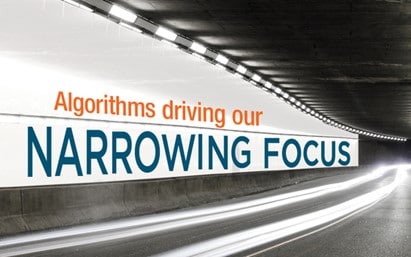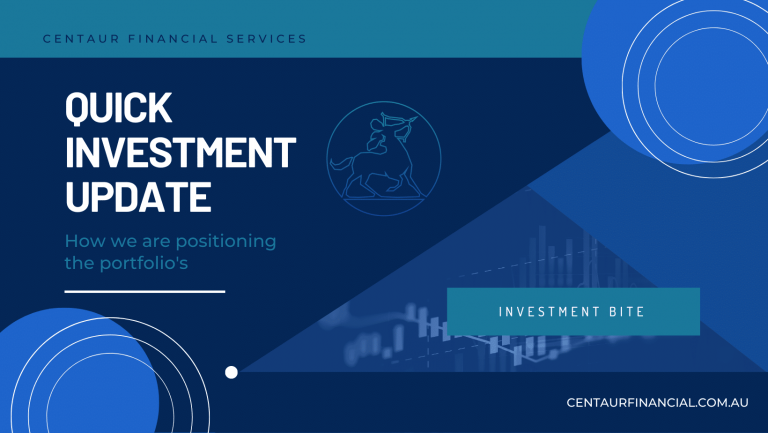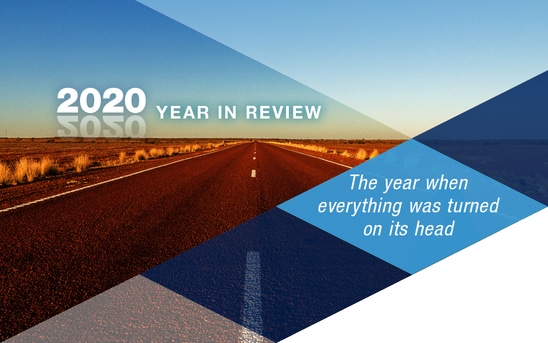There’s no doubt we live in a curated world. Online algorithms serve up content designed to meet our needs based on what we’ve liked and engaged with in the past. And while this can help us find what we’re looking for, the problem is that while these algorithms reflect our interests, they also reinforce them.
As a result we see little of what’s different and unfamiliar – our beliefs are unchallenged and our biases strengthened.
Thankfully with a little awareness we can break out of our respective bubbles and gain a fresh perspective.
The impact of online algorithms
Online algorithms can save us time searching for the information we are after. They can seemingly anticipate our needs before we even know we have them, for instance, presenting us with an ad for contact lens refills just before you run out, or a reminder to get a health check based on your age and gender.
Yet there is a more serious impact as well, as evident in The Wall Street Journal’s 2016 US politics experiment where they created a blue (liberal) and red (conservative) Facebook feed side-by-side.i This illustrated just how dissimilar reality is for different Facebook users, and offered a rare side-by-side look at real conversations from different perspectives.
Algorithms can reinforce biases, which Amazon discovered when its hiring tool chose candidates based on their use of certain phrases more commonly associated with men.ii This lack of gender-neutrality in hiring meant that female candidates would miss on opportunities due to the system’s algorithm.
Being aware
Back in 2015, a study found that 62.5% of respondents were unaware that Facebook curated its news feed to present content based on user’s interests.iii These ‘filter bubbles’ have since been identified as problematic, with Bill Gates speaking out about them several years ago.iv Living in these bubbles makes it easy to forget that not everyone thinks the way we do, which can increase polarisation.
We now have a better grasp of the powers of algorithms and how they can warp our online experiences. This awareness means we can more critically think about what we are presented with and look beyond our feeds to see what other views and opinions are out there.
Broaden your horizons
While our online experience may be narrowing our world view, if approached mindfully it can also provide access to an incredible range of social groups, conversations and opinions that may challenge our preconceived notions and broaden our horizons, if we seek them out.
Read and watch a variety of news sources rather than just your one media outlet of choice. Try to access and appreciate both sides of an issue. Procon.org can help you there, as it presents opposing arguments to controversial issues. You can click on the ‘more issues’ tab to read through different takes on everything from politics and society, science and technology, health and medicine, and education. Each topic is split into pros and cons so you can decide for yourself what you believe after weighing up the arguments – perhaps you might even change your mind on some issues!
Technology firms have even developed tools that adjust your ‘filter bubbles’ via sliders that control content filters.v For instance, the “politics” slider ranges from “my perspective” to “lots of perspectives.” Choosing the latter end provides access to media outlets that would not normally be displayed in your feed.
Then there are apps like Earbits, which allow users to discover new music by clicking on different genres, as opposed to music platforms that recognise your preferences and serve up more of what you already like.
It’s about choosing to be active, curious and explorative in your online travels. After all, being exposed to new ideas is at the heart of learning, understanding and personal growth so resist going down that narrowing information highway.
i http://graphics.wsj.com/blue-feed-red-feed/
iii http://www-personal.umich.edu/~csandvig/research/Eslami_Algorithms_CHI15.pdf
iv https://qz.com/913114/bill-gates-says-filter-bubbles-are-a-serious-problem-with-news/
v https://www.media.mit.edu/projects/gobo/overview/





































































